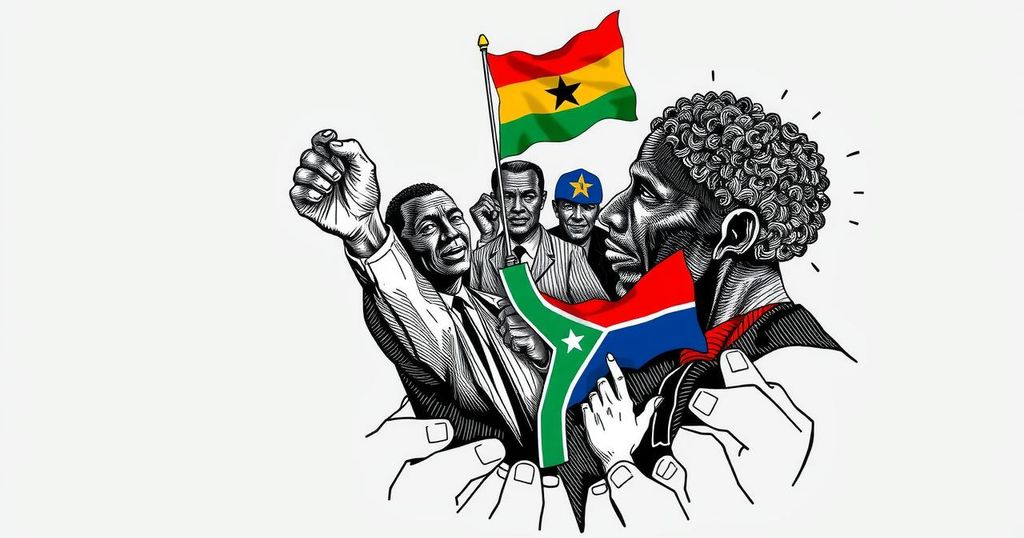The UN has called on South Sudan’s leaders to expedite democratic reforms after elections were postponed to December 2026. UN envoy Nicholas Haysom noted widespread frustration among citizens regarding the lack of political progress. He stressed the importance of seizing this opportunity to fulfill peace commitments, highlighting six crucial benchmarks needed for successful elections in the future.
On Thursday, the United Nations urged South Sudan’s leaders to reaffirm their commitment to a democratic transition, signaling that time is running out for essential reforms in light of a recent delay in electoral proceedings. Initially scheduled for December, the elections have now been postponed to December 2026 by President Salva Kiir, a decision deemed regrettable by UN envoy Nicholas Haysom, who expressed concern over the growing frustration among the South Sudanese citizens regarding the stagnation in political progress and the lack of effective implementation of the peace agreement. As the situation deteriorates, Haysom emphasized the need for all stakeholders to collaborate in making this extension the final one, ensuring the delivery of peace and democratic governance that the populace rightfully deserves. Haysom reported to the UN Security Council that the implementation of the peace deal has suffered significantly since the election delay, labeling it as a matter of urgency. The UN Mission in South Sudan (UNMISS) has outlined six crucial benchmarks that need to be accomplished, including the unification of the army, civic education initiatives, preparations for voter registration, and establishing a code of conduct for the political sphere. The recent delays cast a shadow over the efforts that have persisted since the 2018 peace agreement, which was intended to reconcile President Kiir and his long-time adversary, Vice President Riek Machar. South Sudan, plagued by persistent political instability, ethnic conflict, and corruption, has faced considerable challenges in recovering from a civil war that led to extensive displacement and loss of life, with approximately 400,000 fatalities recorded since 2013. Haysom ultimately appealed for clear, tangible demonstrations of commitment from the nation’s political elite towards achieving a democratic future for South Sudan.
The topic at hand pertains to the ongoing political turmoil in South Sudan, the world’s youngest nation that gained independence in 2011 from Sudan. The country has been in a state of conflict since 2013, which has severely disrupted governance and development. The peace agreement in 2018 aimed to bring an end to hostilities and facilitate democratic processes, including the long-awaited elections. However, several planned electoral milestones have witnessed delays, leading to frustrations among the populace and raising concerns among international observers about the future of democracy and political stability in South Sudan.
In summary, the United Nations has emphasized that the opportunity for South Sudan’s leaders to effectuate meaningful change is diminishing. The delay in elections until December 2026 poses significant risks, potentially perpetuating the cycle of political inertia and instability. As such, urgent action and unified commitment from all political factions are imperative to ensure that the upcoming years culminate in a genuine democratic transition for South Sudan, thus delivering the peace its citizens have longed for.
Original Source: www.barrons.com






